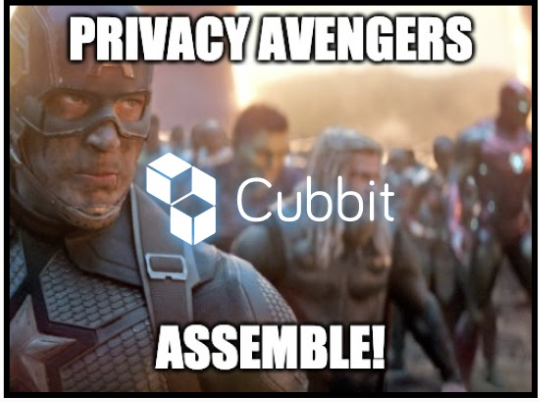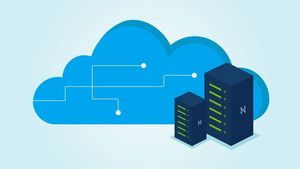Tech companies are always talking about “the cloud” and we’re using it every day without even realizing it.
It’s not about that white fluffy thing in the sky. When we backup or share our data in “the cloud”, the information is actually stored on someone else's computer, somewhere in the world.

Whether you’re saving your work on Google Drive, or booking your holiday apartment on Airbnb - these services all run on massive, polluting server farms that drain the energy of our planet.
Related reading: What REALLY is cloud storage and how does it work?
However, we’re in the post-pandemic era, and 71% of skilled workers work from their homes - a sign that we’re experiencing a “new normal” where we can connect with the most talented people at our fingertips and in the comfort of our homes, optimizing and balancing work and personal life.
But it has also added risk to the game, as we can see from the number of cybercrimes - increased by 600% in 2020.
In this scenario, people are beginning to question whether this set of opportunities is worth taking advantage of or if they should adopt more cautious practices.
This is where it all started, pushing a young IT guy towards more secure tools to consciously navigate this new reality and inform friends and family about the importance of security - in this case study you’ll follow him on his journey, looking for a reliable encrypted file backup solution.
The life of an IT professional - meet Alex Smith
“I read a lot about cybersecurity, but people outside of work don’t care at all. Looking at what’s going on right now in the world, it would be better if they did.”
This is Alex Smith, a young IT professional from Louisville, Kentucky. While pursuing a 4-year degree in Computer Science at the Western Kentucky University, he became interested in networks and cybersecurity.
“I got into computers and electronics in the 1990s. I was very young, and I grew with these passions”

This childhood dream inspired him to delve deeper into the subject and now work in the IT field as a system administrator.
In addition to being a tech geek, Alex also has diverse hobbies: from crypto room games, to exploring completely new places in nature while bike-riding, hiking and walking around.
However, his interest in cybersecurity and privacy has always been predominant. Something he couldn’t live without and that has given him a few headaches.
Navigating the nuances of Privacy & Security in 2021
Different were the sources of Alex’s headaches: working in IT certainly raised his awareness towards security and privacy issues, but living in the “privacy-unfriendly US” also played a role.
In the United States, the Cloud Act dictates the law: Governments and legal agencies can demand to read your private data - if necessary. For example, Google admitted in its transparency report that it provided information 76% of the time out of a pool of 340,000 requests in 2020 alone.
“Privacy is a big thing. They shutdown and block things, access people’s data by paying or for legal reasons, I don’t want to have any relationships with that”
Consider the world we live in now. Where data centers can catch fire, and ransomware-as-a-service has become the ultimate business of 2021 - recently hacker networks started blackmailing QNAP NAS owners using 7-zip to encrypt data and demanding bitcoin to give access to the information back.

It’s not all that strange that people like Alex tried to e-scape from this harsh reality.
“Along this path I’ve experimented with different solutions:
First I found peace with PogoPlug: a self-hosted cloud storage solution that I loved for the feeling it gave me of finally owning my data, but that ultimately failed in 2016. Causing me to lose all my data on the cloud.
I then tried other solutions like Bitdefender, but these didn’t entirely convince me.
The choice eventually fell on raspberry pi, hard-drive, plus local computers to store data, and Google Photos for saving everyday pictures.”
As you may have guessed, that first e-scape into PogoPlug sounded like a success. A disillusionment that was short-lived, though.
Since then, he had been searching for a better solution to encrypted file backup and went through years of searching to no avail. He ended up relying on decent options such as HDDs and the like.
However, there was a problem - “If you lose a hard-drive (or in case it breaks!) you have no way to recover data. It’s better not to have them around and be out somewhere else (i.e. in a secure cloud). So that you can pull back easily when you need that file.”
He addresses this concern with a renowned rule of thumb for generating redundancy on super-important documents: the 3-2-1 backup practice.
Simply put, it’s a tried-and-true method for securing information and enabling instant data recovery in the event of a disaster or cyber attack of any kind.
Download this free eBook to learn more about the 3-2-1 backup rule.

Aside from this “go around the problem without solving it”, these were the key elements Alex was ultimately looking for:
- An off-site encrypted file backup, for immediate recovery in case disasters happen (and they do happen! - see what occurred to the OVH data center in Strasbourg).
- Access data (and photos) from anywhere, anytime.
- Easily and securely share documents with colleagues.
And while people around Alex only seemed to care about the cheap options, a permanent solution seemed far away for him, yet one day something happened.
A new distributed cloud to encrypted file backup
“One day, while surfing the internet, I saw Cubbit - I chose to go all-in with it.”
At that moment, Alex was browsing the internet and suddenly something happened. He saw a post on Instagram showcasing a new cloud that offered maximum privacy and security by design.

“The first thing that caught my attention was its distributed p2p architecture, where your data is no longer stored on someone else's computer and natural redundancy ensures instant recovery in case of data loss.
On top of that, Cubbit leverages zero-knowledge encryption to offer the most secure solution currently on the market when it comes to off-site encrypted file backups - I have a lot of sensitive data, photos and keys to protect.”
It seemed like everything to him - Alex finally found something that truly resembles his beloved PogoPlug. Giving him back control over his own data while at the same time being ultra-secure.
That’s why he began suggesting it as a wise alternative, to traditional clouds (i.e. Google, Dropbox…) to parents and friends. Especially with the latter, he started sharing encrypted files to really show them the magic.
“Cubbit Private Links is very cool. I experienced it recently when I was sharing files with friends - assign an encrypted password to your files and you can share them with no size limit with just a few clicks, to externals too!”
Finally, Alex also admitted that he's super-excited about the upcoming "mobile file upload and download" feature, so he'll move everything to Cubbit.
Do you agree with Alex? Try Cubbit for free and let us know (no credit card required!
Can’t wait to hear your opinion, here’s my email ;)








